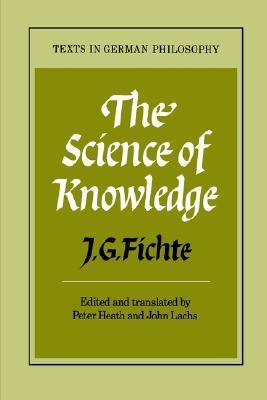
Meditations on First Philosophy
Book Description
What if everything you thought you knew was a lie? In "Meditations on First Philosophy," René Descartes embarks on a daring intellectual quest to unearth the very foundations of knowledge itself. With each meditative chapter, he peels back the layers of deception, challenging the nature of existence and reality. The stakes rise as doubts claw at the core of reason, and the battle between certainty and skepticism intensifies. Will Descartes uncover an unshakable truth, or will the pursuit lead him into the abyss of uncertainty? Can the essence of thought be the key to understanding our world?
Quick Book Summary
"Meditations on First Philosophy" by René Descartes is a philosophical classic that scrutinizes the very foundations of knowledge, truth, and existence. Written as a series of meditations, the book begins with radical doubt—questioning everything Descartes has previously believed. Through methodical skepticism, Descartes seeks an unshakeable truth and ultimately arrives at the famous insight: "I think, therefore I am" (Cogito, ergo sum). Building from this certainty, he contemplates the existence of God and the distinction between mind and body. Descartes’ systematic approach challenges readers to examine the sources and limits of their beliefs, laying the groundwork for modern philosophy and debates on the nature of reality, consciousness, and knowledge.
Summary of Key Ideas
Table of Contents
Radical Doubt and Methodical Skepticism
Descartes begins his philosophical journey by introducing radical doubt. He considers how sensory experiences can deceive and questions the reliability of everything he has previously learned. By supposing an all-powerful, deceptive being could manipulate his perceptions, Descartes strips away all beliefs that are not absolutely certain. This methodological skepticism compels him to discard any knowledge that can be doubted, leaving him in a state of profound uncertainty.
The Cogito and the Nature of Self
As his inquiry deepens, Descartes searches for something indubitable. He finds that even if he is doubting, he must exist in order to do so. This epiphany leads to his foundational statement: "I think, therefore I am." This truth becomes his new starting point, a clear and distinct idea that is immune to even the harshest doubts. The act of thinking becomes proof of his own existence.
The Existence of God as a Foundation for Knowledge
Building on the Cogito, Descartes seeks to secure further knowledge and escape the abyss of skepticism. He turns to the idea of God, arguing that the notion of a perfect, infinite being could not have originated from an imperfect being like himself. Descartes employs the ontological argument to claim that God necessarily exists and, because God is not deceitful, he can trust his clear and distinct perceptions—provided they are understood correctly.
The Mind-Body Distinction
A further cornerstone of Descartes’ philosophy is the famous distinction between mind and body. He reasons that the essence of the mind is thought, whereas the essence of the body is extension in space. The two are fundamentally different substances, capable of existing independently. This dualism shapes centuries of discussion about consciousness and the relationship between mental and physical realities.
The Limits and Reliability of Human Reason
Despite developing a framework to achieve certainty, Descartes recognizes the ongoing limitations of human reason. Our senses and judgments are prone to error, and only through careful, methodical analysis can true knowledge be attained. By the end of the meditations, Descartes offers a guide for philosophy and science, insisting on the possibility of certain knowledge anchored in clear and distinct ideas, while acknowledging the continual challenge of avoiding deception.
Download This Summary
Get a free PDF of this summary instantly — no email required.





